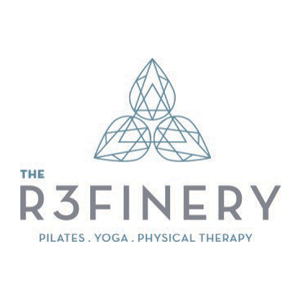What Therapy Is and Isn’t
Starting the Conversation
When potential clients call, the first thing I say is, “tell me a little bit about what you would like to work on and if you’ve been in therapy before.” And then I lean in. People tend to talk about the things in life that are stressful, relationships that are challenging, and sometimes earlier times which may or may not have been traumatic.
The Therapeutic Relationship
A cornerstone of therapy is the therapeutic relationship. From this place of unconditional positive regard trust is built and a safe container is established. In therapy the relationship can be a place to try on familiar dynamics and ways of relating. It can be a place to try on new skills such as boundary setting and self-advocacy. It can be a place to learn how to repair.
Informed Consent and Collaboration
Another important aspect of therapy is informed consent. You should always know what you are signing up for, literally! Therapy happens in a collaborative setting where the client always has a say in how treatment is unfolding. Clients should be encouraged to share what feels good and what doesn’t. A good therapist should also review things like the practice privacy policy, emergency protocol, preferred modalities, what can reasonably be expected in treatment, and the therapist’s responsibilities as your provider such as Duty to Warn.

The Role of the Therapist
Finally, the gold standard of care in therapy, neutrality. Our job as therapists is to attune, to bear witness, to reflect back a client’s truth so that they can sort things out. Therapists hold space, assist with reframing, and sometimes offer education or skills, as clients move through their healing process. What therapists are trained to avoid is allowing their own personal reactions, opinions, and views to shape the client’s process. One of the most challenging questions a therapist can hear is, “what should I do?”. Therapy is not advise giving but rather the gentle and persistent reminder of hope.
The Heart of the Work
Healing like therapy takes time and sometimes lots of repetition. Therapy is attuning, reflecting, being curious, witnessing, validating, and at times sharing wisdom. Therapy is helping folks remember the love they have in their hearts and the strength they have within.






















Share On: